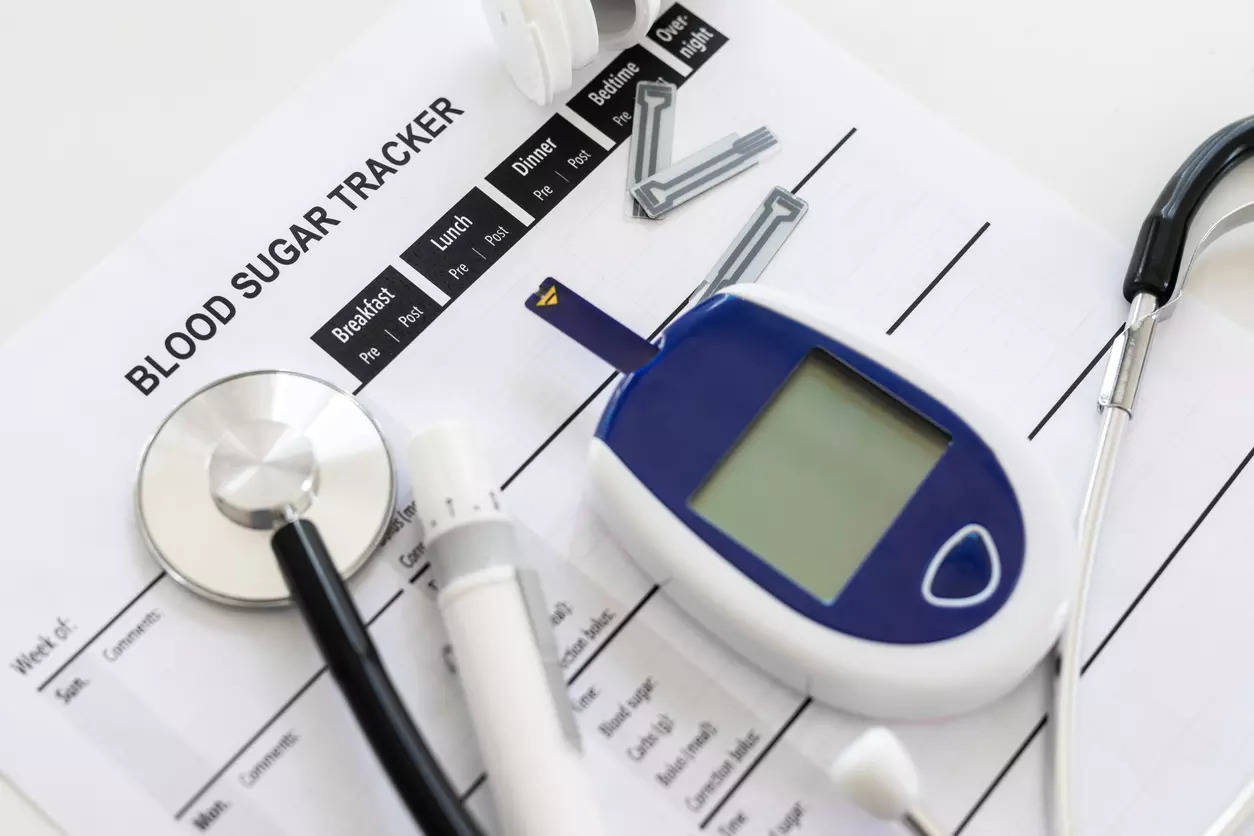Rice-Zempic is a drink made by combining rice, water and lime juice. Image for Representation/ Moneycontrol
Ozempic, originally developed to treat Type 2 diabetes, has skyrocketed in popularity due to viral claims of its weight loss benefits. Despite medical warnings, many people are using it off-label for rapid weight loss. However, its high cost and potential side effects deter some from opting for this injectable solution.
Enter ‘Rice-Zempic,’ a cheaper and supposedly “safer” alternative that has taken social media by storm. After a viral TikTok video, proponents of this homemade remedy claim it offers weight loss results comparable to Ozempic without the hefty price tag.
According to Daily Dot, Ozempic costs $935 per month (Rs 78,000 approximately) and further needs a doctor’s prescription.
Looking for cheaper options, a few people stumbled upon the recipe for ‘Rice-Zempic’. What is this viral beverage and does it really work? Let’s take a closer look
An Ozempic dupe?
Rice-Zempic is a drink made by combining rice, water, and lime juice.
Typically, the drink is prepared by steeping unwashed rice and lime juice in warm water for 5 to 30 minutes, though some prefer to let the mixture steep overnight.
In the morning, the rice is strained out and the drink is consumed.
Over the last few weeks, more and more people have shared their ‘ricezempic’ journeys on social media platform TikTok, and some videos have amassed over three million views. Those who are swearing by this viral ‘magic’ drink claim that they have lost up to 14 pounds in a week and feel less hungry throughout the day.
One user, Alfredo Valenzuela, known as TheChorroKing on TikTok, tried the trend to shed weight before a vacation. Starting at 238 pounds, he reported weighing 235 pounds by day three, despite not exercising. This led him to question, “Is this the miracle water?”
So does the rice-zempic actually work?
By Day 12, Valenzuela’s rice-zempic weight loss journey had hit a plateau. Disappointed with the results, the content creator abandoned the viral trend, saying, “What the hell. I only lost five pounds,” in a TikTok video on what would have been Day 15.
Experts anticipated this lackluster outcome. Scott Keatley, co-owner of Keatley Medical Nutrition Therapy, told The Health that the beverage has “zero scientific backing.”
“There is no evidence to suggest [the drink] has any properties that would significantly impact weight loss, especially in the manner that anti-diabetic medications like Ozempic [have],” he said.
The reason lies in the fundamental difference between rice-zempic and weight loss drugs such as Ozempic and Wegovy. These medications mimic a hormone that the body naturally releases to control digestion and hunger pangs. For most people, taking these injections dampens their hunger, helping them feel fuller for longer, which in turn causes them to eat less and lose weight.
“It doesn’t in any way mimic Ozempic,” Mir Ali, MD, of Memorial Care Surgical Weight Loss Center in California, told the magazine. “It has no hormonal effects like Ozempic to stimulate receptors,” he added.
Then why are people reporting weight loss?
According to Kunal Shah, an assistant professor in the division of endocrinology at the Rutgers Robert Wood Johnson Medical Center, Rice-Zempic, essentially starchy water, expands in the stomach and briefly induces a feeling of fullness—but this effect is “very short-lived.”
Rice water is low in calories, so if people drink this instead of having a meal, they’ll be consuming fewer calories overall and may lose some weight, according to Dr Ali but the results won’t last long.
Instead, Dr Shah emphasises that sustainable weight loss is more likely achieved through gradual changes in diet and exercise habits. This approach involves incorporating a diet rich in fibrous, nutrient-dense vegetables and lean proteins.
This takes more patience than rice-zempic, but will yield better results in the long run, Dr Ali added.
“At the end of the day, no single food or drink alone will lead to weight loss,” noted Lauren Manaker, MS, RDN, LD, CLEC, as reported by Popsugar.
With input from agencies
Find us on YouTube









